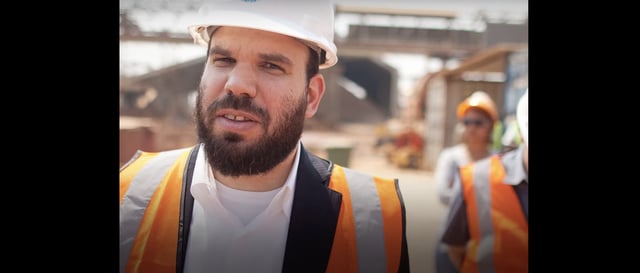Overview
- The US Treasury is exploring limited sanctions relief for Dan Gertler to support his departure from the Democratic Republic of Congo.
- Gertler has been under US sanctions since 2017 for alleged corrupt mining deals with former Congo President Joseph Kabila.
- The Biden administration's proposal includes strict conditions, such as audits and escrow arrangements for royalty proceeds.
- Western companies may be more willing to invest in Congo's mining sector if Gertler exits, reducing Chinese dominance.
- Human rights groups criticize the potential deal, arguing it could reward corruption and leave Gertler unaccountable.
